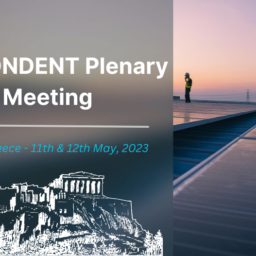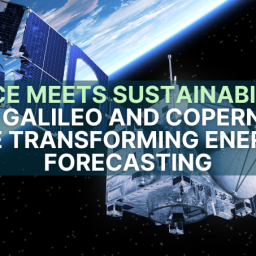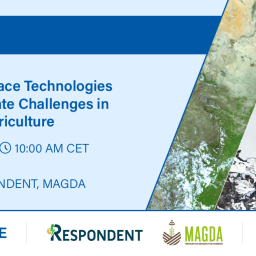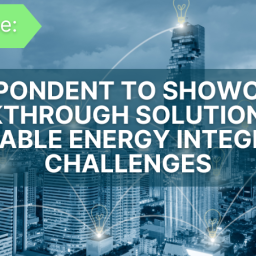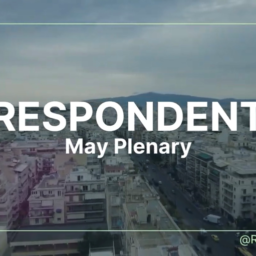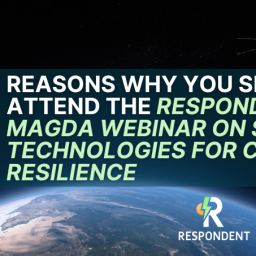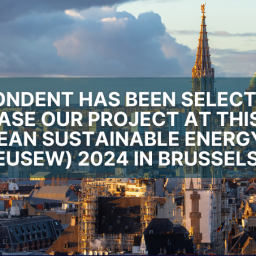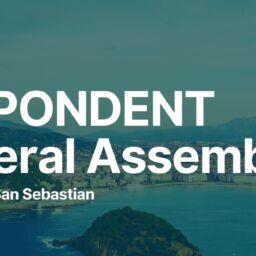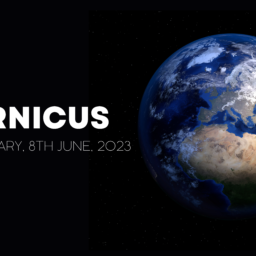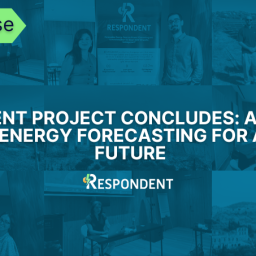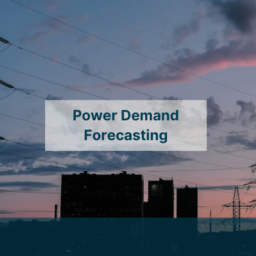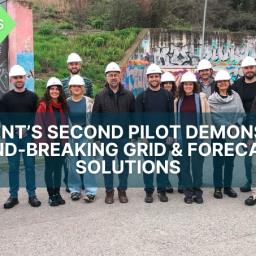
Discover how two cutting-edge Horizon Europe projects, RESPONDENT and MAGDA, are utilising European space technologies from Galileo and Copernicus to transform renewable energy and agricultural resilience, offering ground-breaking solutions to some of Europe’s most pressing climate challenges.
As the world aims transitions to a low-carbon future, two Horizon Europe-funded projects—RESPONDENT and MAGDA—are harnessing cutting-edge space technologies to address critical challenges in energy and agriculture.
By leveraging Europe’s advanced Earth Observation and satellite navigation systems, Galileo and Copernicus, these projects demonstrate how innovative solutions can pave the way for sustainable development and climate resilience across diverse sectors.
RESPONDENT: Redefining Renewable Energy Integration
Renewable energy sources (RES) like solar and wind power are pivotal to achieving global climate goals, including the Paris Agreement and the European Green Deal. However, their inherent variability poses significant challenges for grid operators. RESPONDENT is tackling this issue by integrating AI-driven forecasting models with European space-based technologies to enhance the stability and efficiency of modern power grids.
At the heart of RESPONDENT’s innovative approach is its use of Galileo and Copernicus to provide precise, real-time data for accurate energy forecasting and grid synchronisation. Copernicus supplies Earth Observation data—such as solar radiation and atmospheric variables—to support highly accurate photovoltaic energy predictions, while Galileo ensures sub-microsecond synchronization for Phasor Measurement Units (PMUs), enabling real-time grid monitoring and fault detection. Together, these technologies power RESPONDENT’s innovative dual forecasting system, which predicts both energy generation and demand with unprecedented accuracy.
RESPONDENT’s solutions go beyond technical innovation, offering tools to build resilience in energy systems, stabilise markets, and boost investor confidence in renewables. By demonstrating scalable and adaptable methods, the project serves as a global blueprint for integrating RES into power grids, ensuring grid stability, economic efficiency, and sustainability.
MAGDA: Protecting Agriculture in a Changing Climate
With climate change driving an increase in extreme weather events across Europe—such as torrential rain, heat waves, and conditions favouring agricultural pests— the MAGDA project focuses on mitigating these impacts to ensure food security and sustainable water management. The project combines advanced weather forecasting, soil sensing, and hydrological modelling to deliver actionable insights directly to farmers and agricultural operators.
Like RESPONDENT, MAGDA leverages the incredible capabilities of Galileo and Copernicus, integrating spaceborne, drone-derived, and ground-based sensor data into high-resolution numerical weather prediction models. These models drive MAGDA’s innovative toolchain, which provides severe weather warnings, irrigation advisories, and crop protection strategies. By interfacing with farm management systems or via a dedicated dashboard, MAGDA enables farmers to optimise irrigation, reduce water consumption, and safeguard crops against adverse weather.
MAGDA’s contributions also extend beyond technology, aligning with Sustainable Development Goals 12 (sustainable consumption and production) and 13 (climate action), as well as the EU’s Common Agricultural Policy. Its user-oriented system empowers farmers with localised, real-time data to make informed decisions, enhancing agricultural resilience and productivity.
Space Technologies at the Intersection of Energy and Agriculture
While RESPONDENT and MAGDA address distinct sectors, their shared reliance on European space technologies underscores the transformative potential of such technologies in tackling climate challenges. RESPONDENT optimises energy generation and grid stability in support of Europe’s clean energy transition, while MAGDA provides irrigation advisory and weather forecasts in the face of extreme weather events.
Together, these projects highlight the synergy between space-based innovations and on-the-ground solutions, proving that the integration of cutting-edge technologies with localised applications can drive progress toward a sustainable and resilient future.
Join the Innovation Journey: RESPONDENT and MAGDA Joint Webinar
As these projects continue to develop and deploy their innovative solutions, they are creating valuable opportunities for knowledge sharing and collaboration across sectors.
Mark your calendars for March 13th at 10:00 CET, when RESPONDENT and MAGDA will host a joint webinar showcasing how space technologies are revolutionising energy and agriculture.
Whether you’re a grid operator seeking to optimise renewable energy integration, a farmer looking to enhance crop resilience, a policymaker exploring innovative climate solutions, or a technology enthusiast interested in the future of sustainable development, this webinar offers invaluable insights into real-world applications of European space technologies.
Don’t miss this opportunity to engage with project experts, explore cutting-edge modules and tools, and be part of the conversation shaping our sustainable future!
Register now at the following link: Joint Webinar

